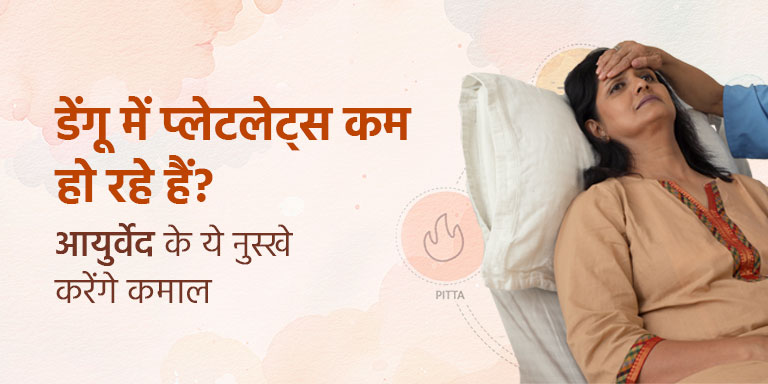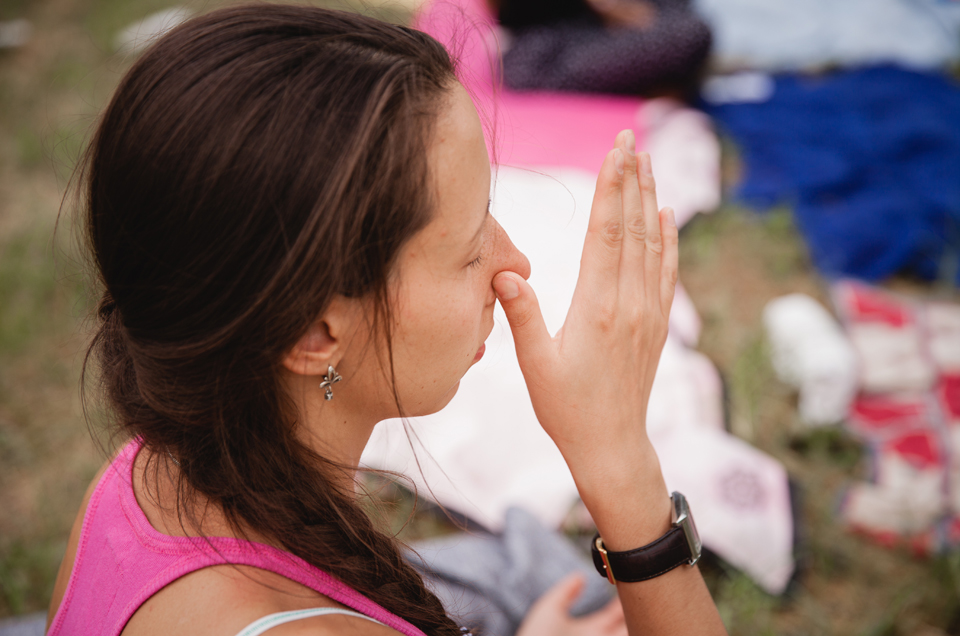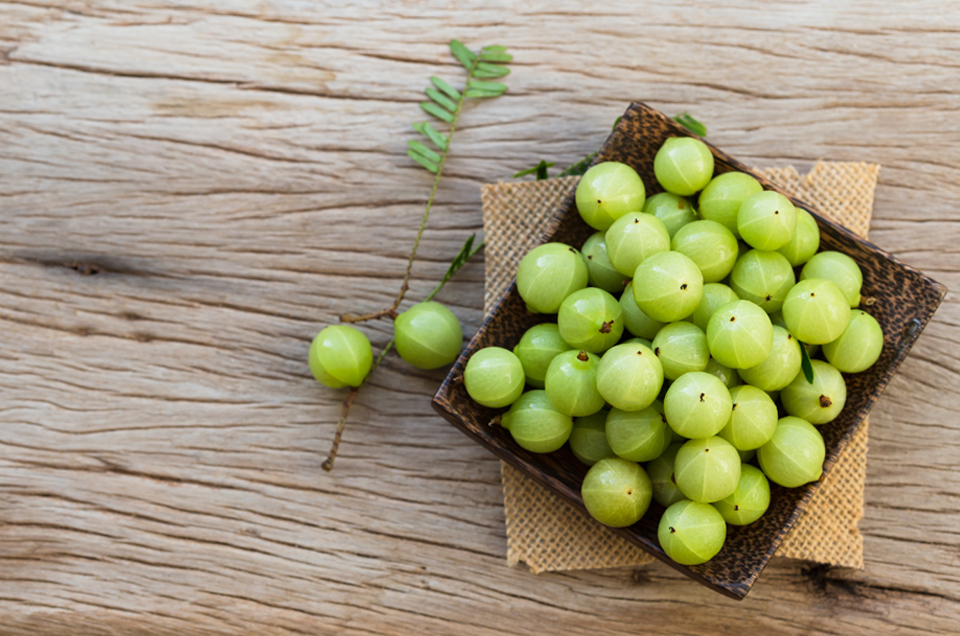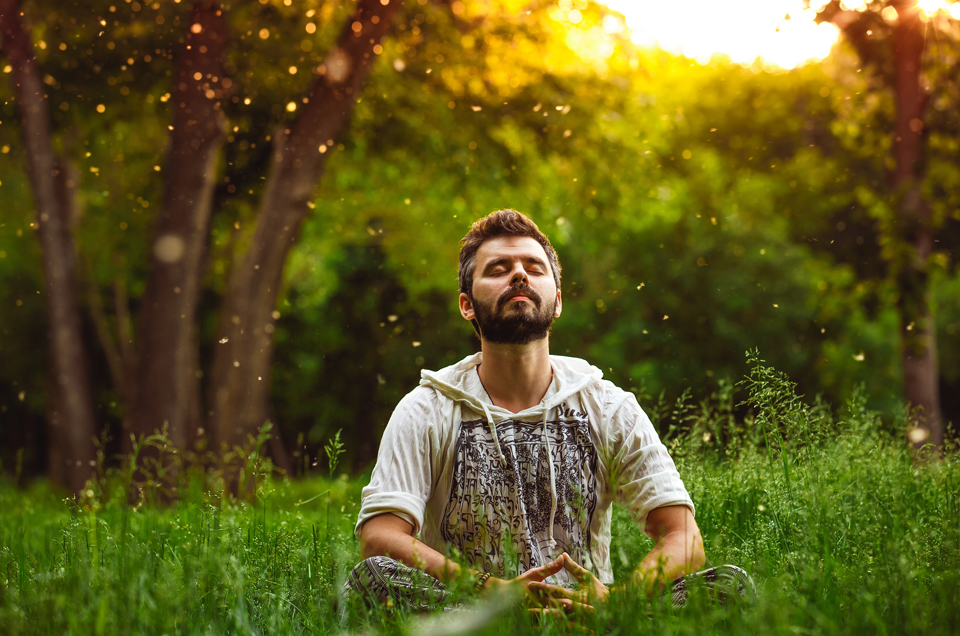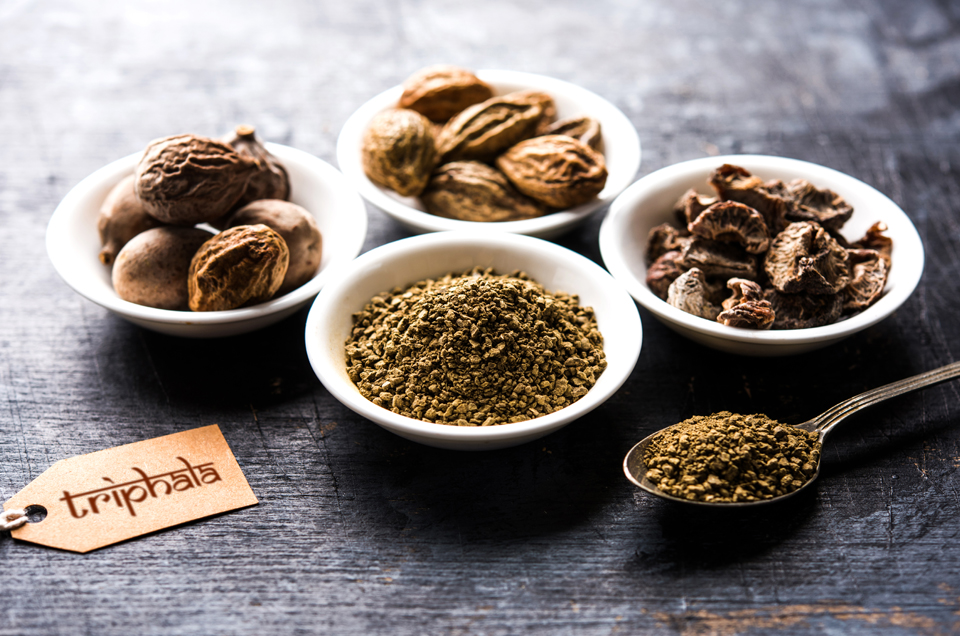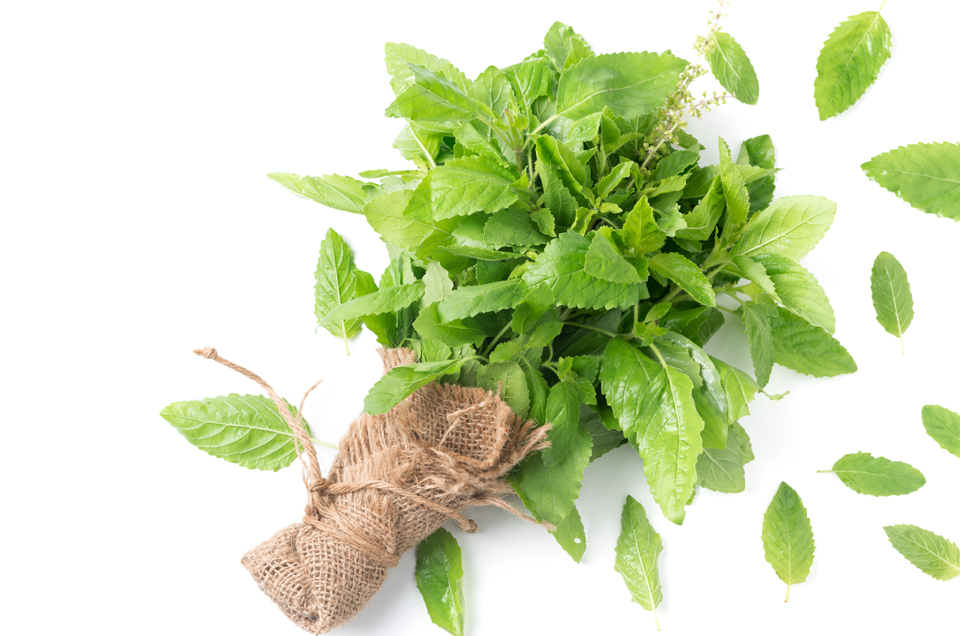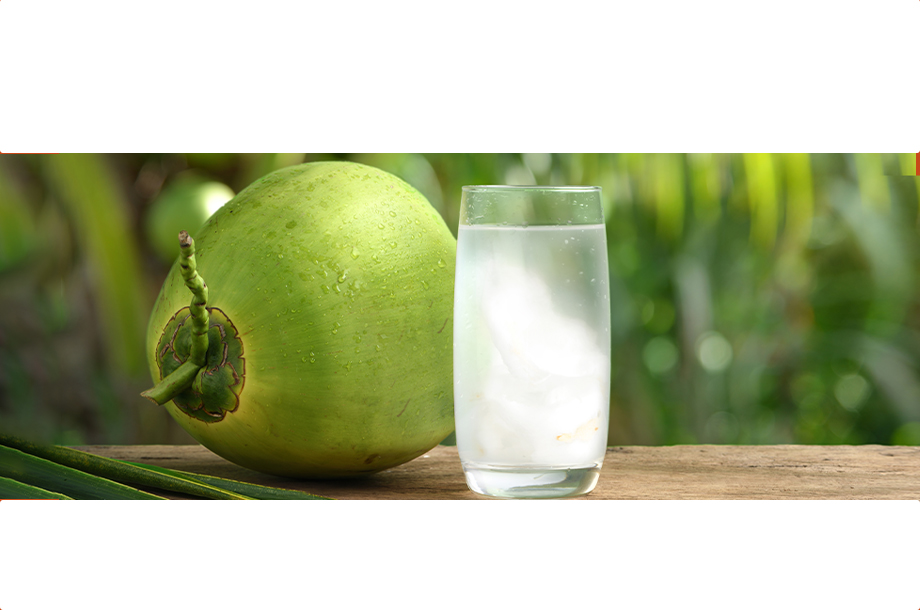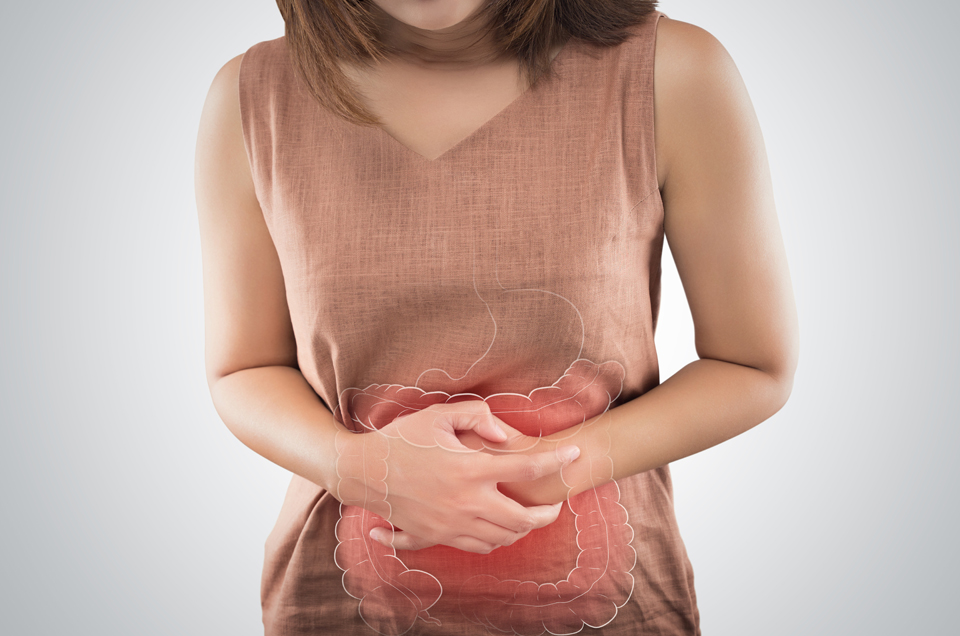From waking up in the morning to going to bed to sleep, to the changing of seasons, from time immemorial, the classical texts of Ayurveda have recommended detailed guidelines for healthy living. These are called dincharya (daily routines), ratricharya (night routines) and ritucharya (seasonal routines). In this article we will elaborate on the two routines, dincharya and ratricharya.
These are systemic routines in Ayurveda which have been developed to ensure proper hygiene and dosha balance in the human body. It varies according to day, night and season. At first glance these guidelines may seem time consuming, complicated and trivial but they have been scientifically developed keeping your health in mind. These guidelines ensure proper hygiene, tridosha harmony, internal balance, and reduction of stress on the body and mind. Once these daily and nightly regimens are sustained, they become a natural part of life and easy to adhere to. These routine are not just 'rules' but practical guidelines for healthy living on a daily basis.
Dincharya (daily routine)
Ayurveda recommends that in order to be optimally healthy we should tune our bodies to nature's cycle which in turn regulates the various other rhythms. Every day two cycles of change occur in nature with a predominance of a particular dosha such as vata, pitta or kapha.
Starting your day
For health and optimum performance, a person should get up 2 hours before sunrise. During this period the vata element is dominant in nature. This period is known as brahma muhurta in Sanskrit. Waking up at this hour helps you utilize the beneficial qualities of vata and helps you clean your thoughts and your lungs. This is the time of the day when there is the highest amount of purity in nature. After you wake up, drink a glass of water to help you in elimination. You should empty your bladder and colon as soon as possible to prevent the accumulation of toxic materials in your body. Holding back natural urges can give rise to chronic conditions.
Next, wash your face with room temperature water. Fill the mouth with water and hold it for 30 seconds. With the water still in the mouth, sprinkle water on your open eyes. Spit the water out, close the eyes and massage the eyelids gently with your palms for about one minute. This helps to balance pitta in your head region. After this, brush the teeth and scrape the tongue with a tongue cleaner to purify your mouth and sense of taste. Ayurveda considers the coating of the tongue as an indicator of ama (toxin) accumulation in the colon. Follow this with gargling two or three times with warm water.
Next, do some simple exercises for 15-20 minutes. Yoga postures, brisk walking and muscle stretching exercises are beneficial. Also include pranayama and surya namaskara in your exercise regimen. Follow your exercise with abhyanga, or body oil massage. You can apply sesame or mustard oil. During summer, coconut oil may be used. This massage need not be long and cumbersome. Massaging the scalp, forehead, temples, hand and feet for about 5 minutes is sufficient.
After exercise, bathe to remove any excess oil and dirt. You can use showers, bathtubs or buckets. Follow your bath with meditation for a few minutes. This is the most important aspect of dincharya. Simply be quiet and sit in peace. You can also chant a mantra. Start your day with a warm, nourishing and wholesome breakfast.
Work Hours
- Relax whenever possible during your long working hours. Even sitting back on a chair, closing the eyes and relaxing the mind for 2-3 minutes can make a big difference.
- Close your eyes and focus on your breathing for about five minutes. Deep, abdominal breathing is relaxing and rejuvenating.
- Try to maintain a co-operative, cordial and positive atmosphere in your workplace to avoid stress and anxiety.
Lunch
It should be taken early between 12 and 1 P.M. This coincides with the peak pitta period, pitta is responsible for digestion. Ayurveda recommends that the lunch should be the largest meal of the day. After the meal it is good to take a little walk, a couple hundred steps only, to help digest food.
Ending your day
When you return home in the evening, try to relax for at least five minutes. If you have a family, talking or playing with family members will ease the pressure and stress experienced during the day. If you feel tired, take a shower and have a gentle head massage (with or without oil).
Try to eat dinner early, if possible before sunset and not later than 2 hours before bed. The evening meal should consist of food that is light and easily digested. Avoid deep fried, cold foods, dairy products and sweets. The ideal meal should consist of salads, boiled or steamed vegetables, vegetable soups and breads. Going to bed early is good. Try to go to sleep by 10 pm or 11 pm at the latest.



